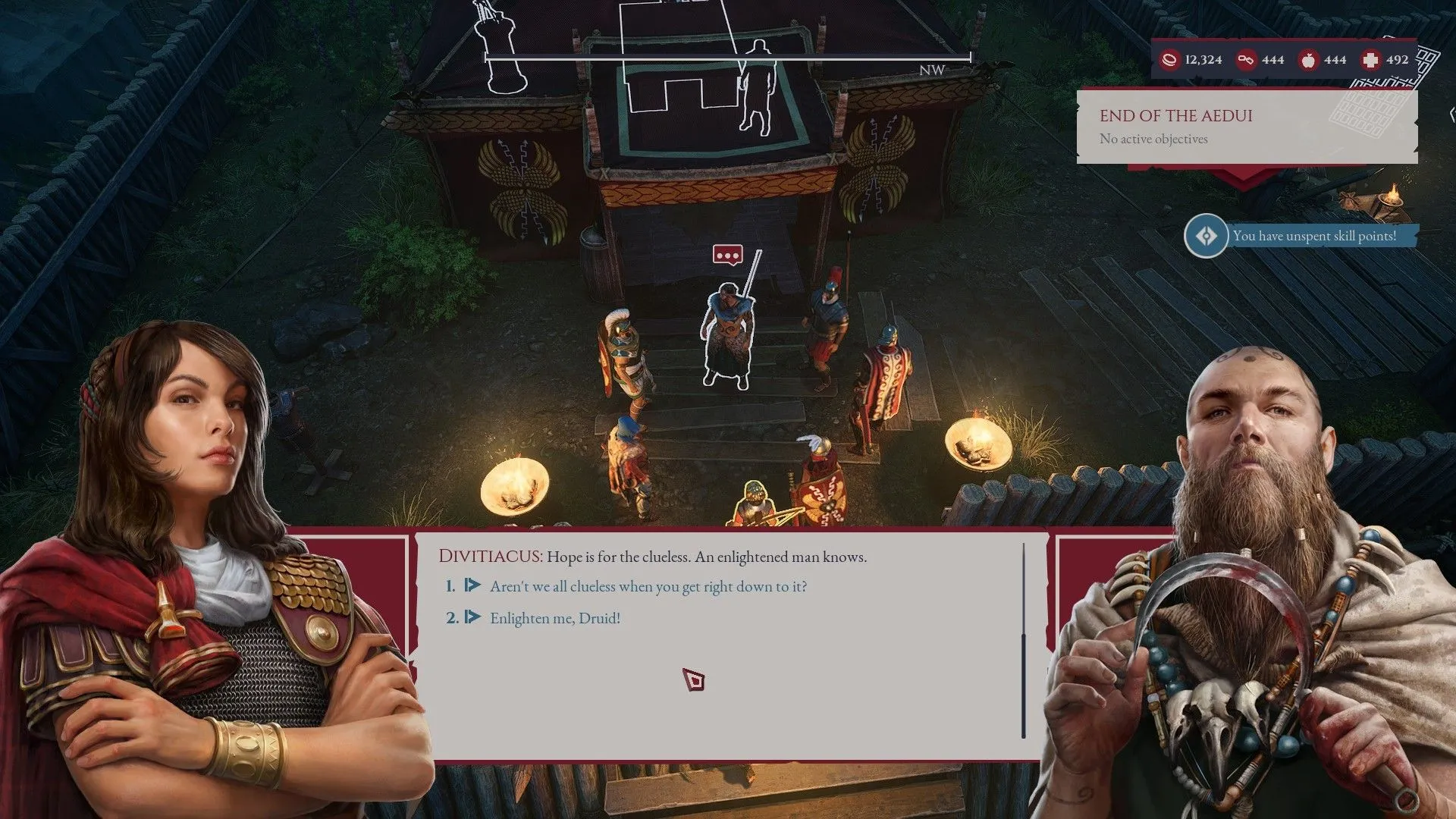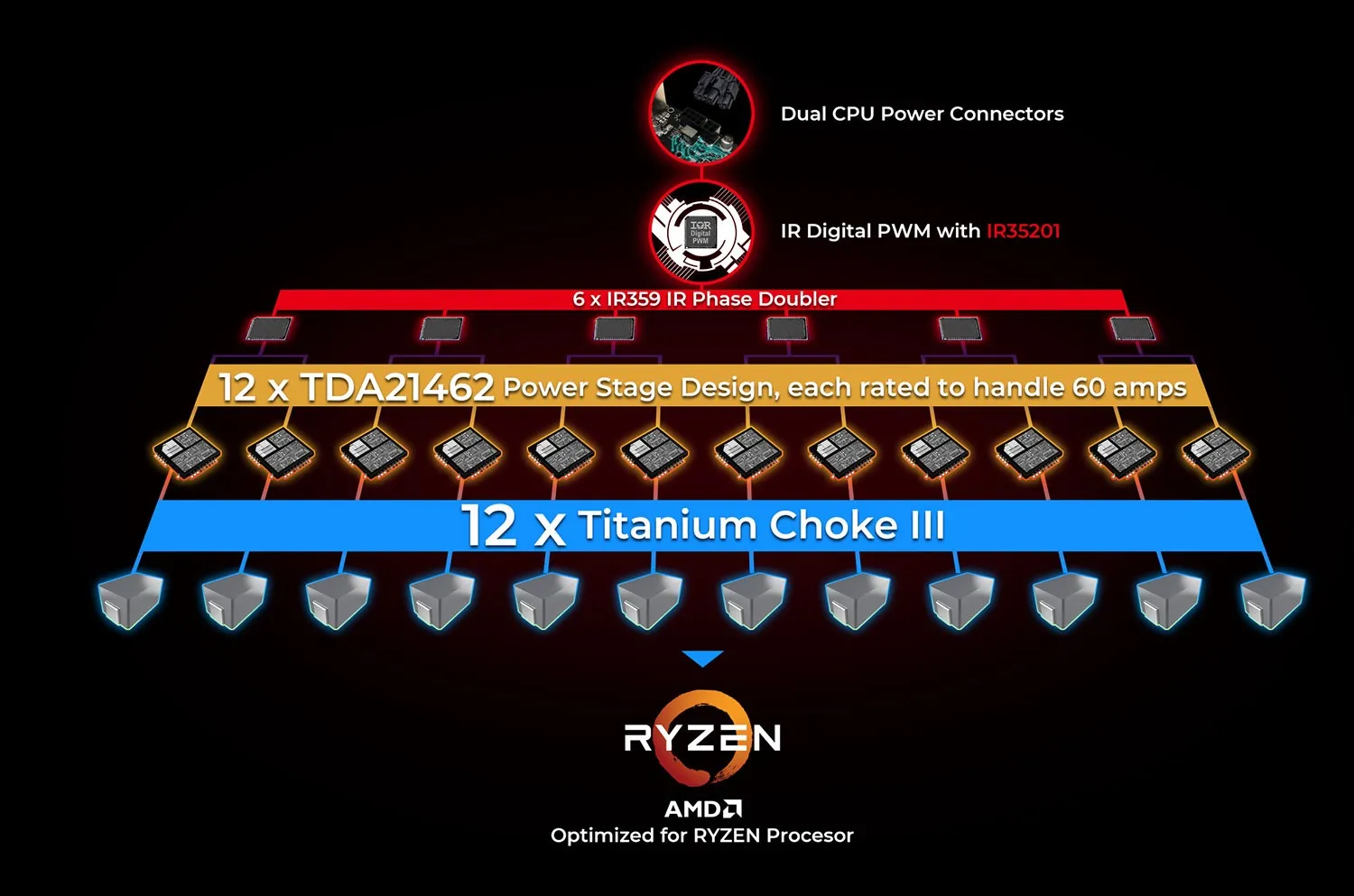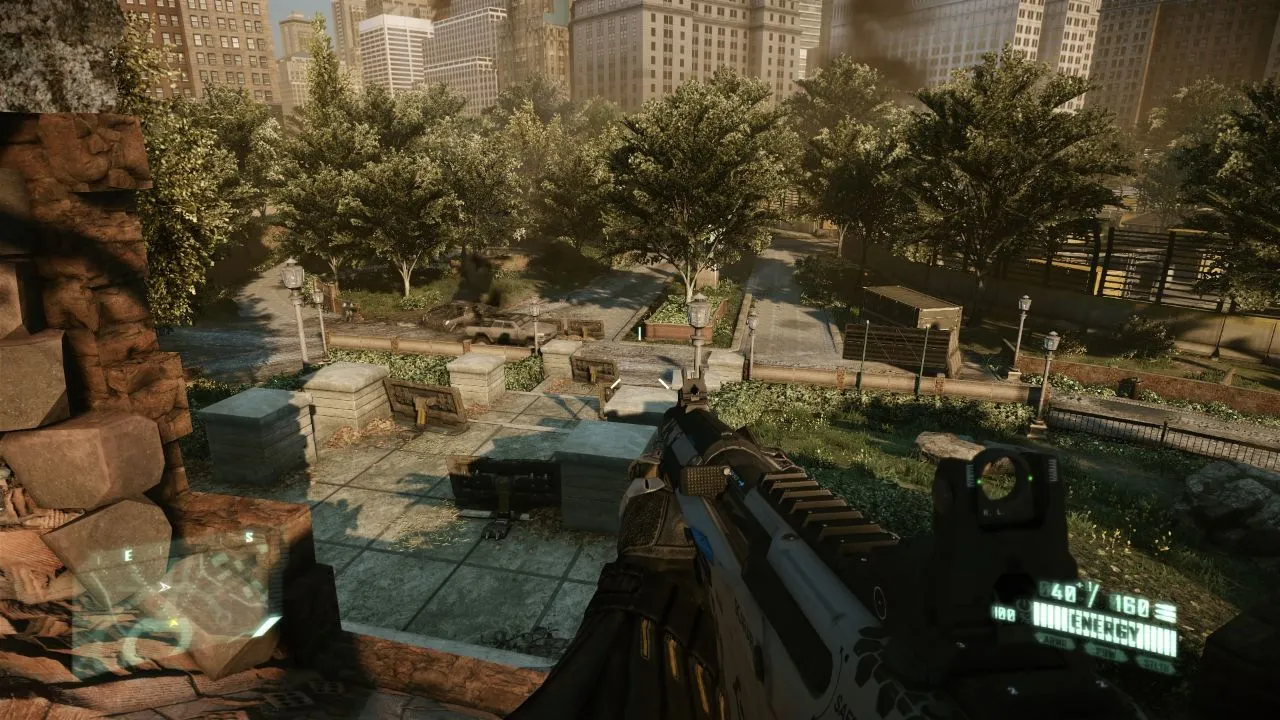
Expeditions: Rome: A Roman Epic with Flaws
Contents
The allure of history, regardless of geographical location or time period, is a timeless subject of human fascination. However, reinterpreting historical events without causing offense requires a delicate balance, especially in the realm of entertainment. Logic Artists attempts this feat with Expeditions: Rome, the third installment in their Expeditions series. This tactical RPG offers a compelling narrative and engaging combat but falls short in some key areas.
 Expeditions: Rome
Expeditions: Rome
A Legate’s Journey: Forging Your Path in Roman History
Expeditions: Rome casts the player as a Roman legate serving under Julius Caesar. The game thrusts you into a world of political intrigue and rebellion following your father’s assassination, leaving your mother and sister’s fate uncertain. This personal tragedy intertwines with the larger narrative of Rome’s transition from Republic to Empire, creating a constant internal conflict between personal vengeance and loyalty to Rome.
The 40+ hour campaign unfolds like a historical epic, mirroring the power struggle between Caesar and Pompey but with a unique cast of characters. Vitellius Lurco, the game’s primary antagonist, embodies ruthless ambition, clashing with the ideals of figures like Cato the Younger, who serves as a moral compass for the player. The game even features historical figures like Lucius Licinius Lucullus, whose conquests in the East are now led by the player character.
 Expeditions: Rome
Expeditions: Rome
From Greece to Egypt, the heart of the narrative remains firmly rooted in Rome. The game doesn’t overwhelm the player with historical exposition but provides context through a simple Codex, allowing players to define their own character’s morality. Whether playing as a male or female legate, the game reflects the societal biases of the time, acknowledging the limitations of individual influence on deeply ingrained prejudices. This nuanced approach adds a layer of historical realism to the narrative.
Tactical Combat and Character Progression: Chess Meets the Battlefield
Expeditions: Rome continues the series’ tradition of turn-based tactical combat, minimizing reliance on chance. Combat feels strategic and calculated, resembling chess more than Dungeons & Dragons. The game introduces a unique system where weapons and shields possess their own skill sets, independent of character class or stats. This allows for flexible character builds, where archers can specialize in burst damage or shield-bearing soldiers can focus on defense and debuffs.
 Expeditions: Rome
Expeditions: Rome
Beyond companions, players can recruit Praetorians to supplement their forces, particularly useful in siege battles. Siege battles are a highlight, requiring strategic deployment of multiple squads to achieve different objectives. The dynamic nature of these battles, with shifting objectives and persistent character status between encounters, adds a layer of complexity and excitement.
A Conquered World: Repetition and Lack of Depth
While the tactical combat shines, the overworld conquest gameplay falls flat. Managing legions and conquering territories relies on a card-based system that, while offering various tactical options, proves overly simplistic. The focus on troop numbers overshadows other strategic considerations, leading to a repetitive and predictable experience.
 Expeditions: Rome
Expeditions: Rome
Despite its high production value, Expeditions: Rome lacks a sense of grand scale. Visually impressive cities like Memphis feel underutilized, serving as backdrops for a limited number of quests. The lack of bustling city life and interactive NPCs further diminishes the sense of immersion, contrasting sharply with the game’s potential.
 Expeditions: Rome
Expeditions: Rome
Conclusion: A Promising Campaign Marred by Overworld Simplicity
Expeditions: Rome offers a compelling narrative, engaging tactical combat, and a unique approach to character progression. However, the repetitive overworld conquest gameplay and lack of depth in exploration ultimately hold the game back from reaching its full potential. While the game successfully captures the political intrigue and personal struggles of its protagonist, it fails to fully realize the vastness and vibrancy of the Roman world.





Comments (0)